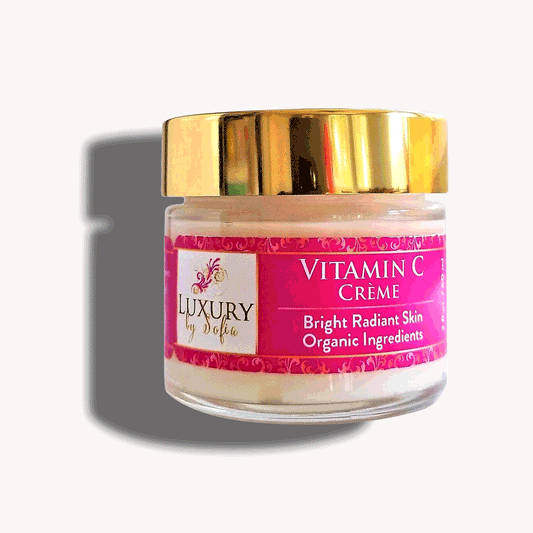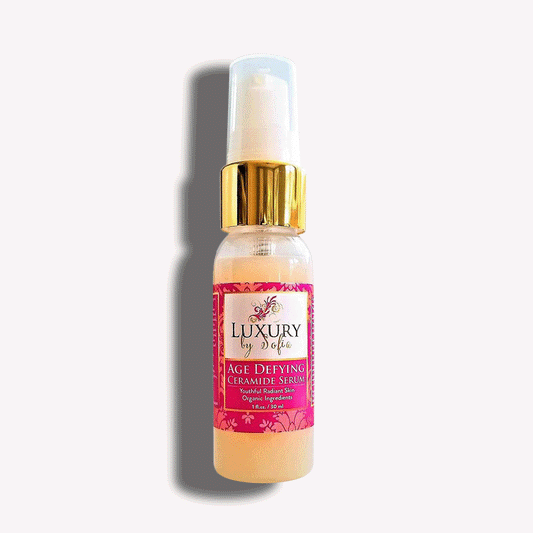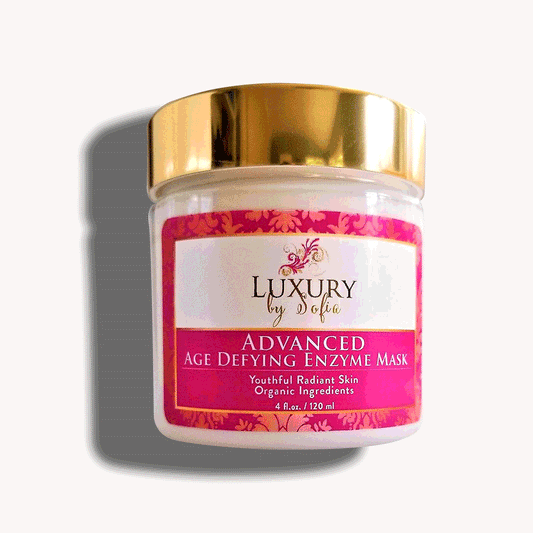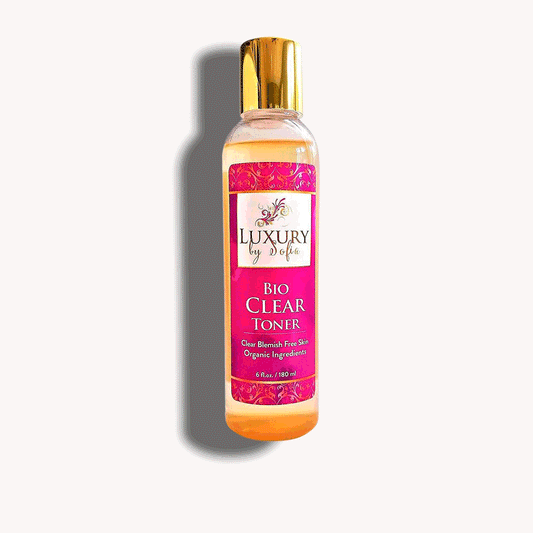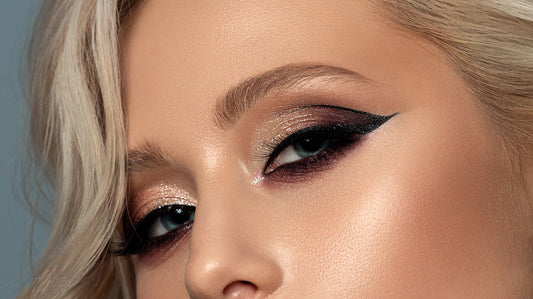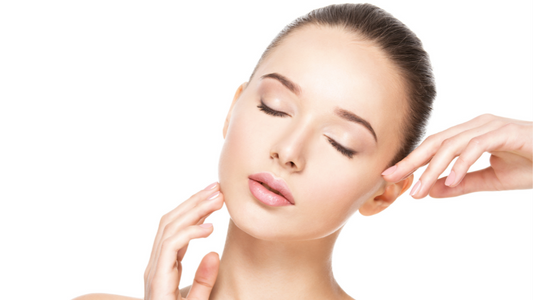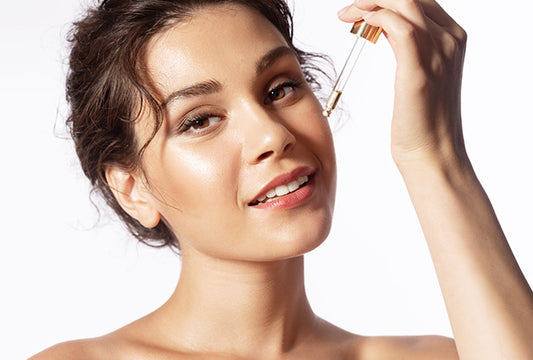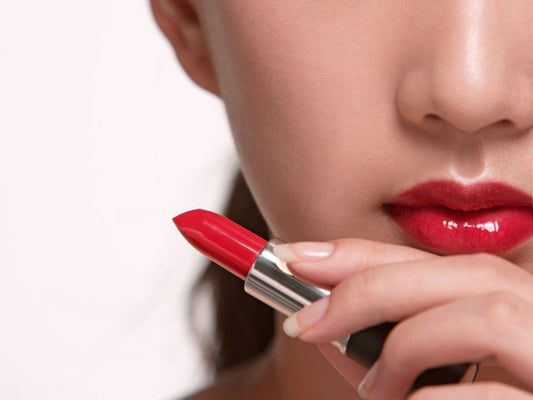
Dermatologists emphasize the importance of applying sunscreen for very good reasons.
Prolonged direct sun exposure affects your skin in more ways than you can imagine. From short-term effects like sunburns, to long-term damages such as photoaging, hyperpigmentation to cancer risk, we lay down the facts on what really happens to your skin when you skip wearing sunscreen in this article.


Organic All Natural Zinc Sunscreen
All About Ultraviolet (UV) Radiation
UV ray is a form of electromagnetic radiation emitted by the sun. It can also come from man-made sources such as tanning beds. UV radiation emits energy and can result in damaging impacts when you are exposed to it.
UVA: UVA rays give off the least energy out of all sun rays. Hence, it is less able to penetrate deeply into your body so its main effects are on your skin. UVA causes your skin cells to age and can damage your DNA.
UVB: UVB rays contain more energy than UVA. They are the main culprit for painful sunburn and put you at a greater risk of developing skin cancer in the long-run.
UVC: UVC rays emit the most energy. This type of UV rays reacts with the ozone layer which stops it from reaching the ground. However, man-made sources like welding torches and mercury lamps can emit UVC rays.
Harmful Effects Of UV Rays On Your Skin
Sunburn: The first and most obvious sign of sun damage associated with skipping sunscreen. Sunburn is a short-term form of skin damage that affects the uppermost layer of your complexion. They lead to an increase in blood flow to your skin’s surface resulting in redness. Your skin may feel warm to the touch, peel and feel itchy and painful. Even though sunburn symptoms are short-term and go away after a few days or weeks, repeated damage to your skin will weaken your skin barrier and exacerbate existing skin conditions such as acne and skin sensitivity.
Premature Aging: Photoaging is a process whereby prolonged sun exposure accelerates the aging of your skin. UV rays injure your skin and breaks down collagen and elastic fiber, both of which are crucial to maintaining a youthful healthy appearance. In addition, UV rays weaken your skin barrier which inhibits its ability to retain moisture resulting in dryness. Over time, your skin can develop dark spots and wrinkles.
Cataracts & Other Eye Disorders: Cataracts is a condition which occurs when the crystalline lens in your eyes changes structure resulting in blurred vision. Excess UV exposure increases your risk of forming cataracts which is why The American Academy of Ophthalmology recommends wearing UV sunglasses and wide brimmed hats to prevent developing eye disorders.
Weakened Immune System: Sun exposure can suppress the proper function of your immune system and weaken your skin’s natural defenses against environmental stressors. Your skin’s first response to free radicals, infections and cancers, is to mount an automatic immune response. With a weakened immunity, your skin’s health will be compromised which is why it is crucial to apply sunscreen every day.
Skin Cancer: According to the American Cancer Society, most skin cancers are a result of exposure to UV rays in sunlight. Exposure to UV rays damages the DNA in your skin cells which cause them to grow abnormally. This damage is cumulative and your body is not able to reverse all of it.
“When UV light hits the surface of the skin it creates free radical species. If you accumulate enough free radicals, they start to affect how your DNA replicates. Eventually the DNA will replicate abnormally and that’s how you get precancerous cells that can, with enough sun exposure, turn into cancerous cells.” says dermatologist Rita Linkner.
If you have not been applying sunscreen diligently every day, now is a good time to start! Our Organic All Natural Zinc Sunscreen is non-comedogenic and it is suitable for all skin types. Its blend of organic plant extracts helps to nourish your skin while Non-Nano Zinc Oxide shields you from damaging UV rays.

